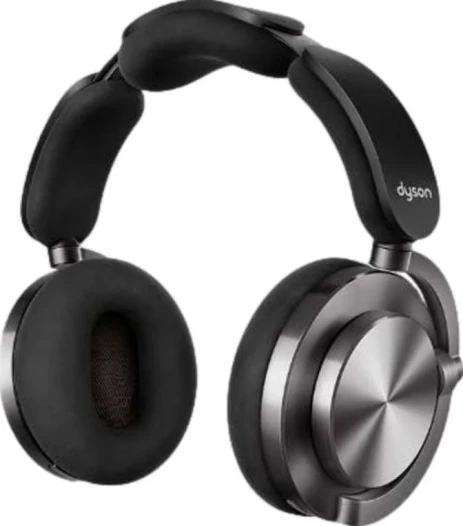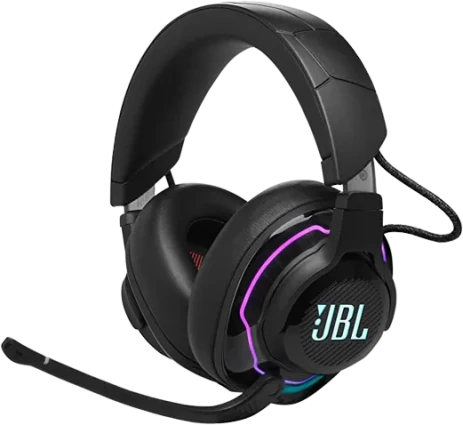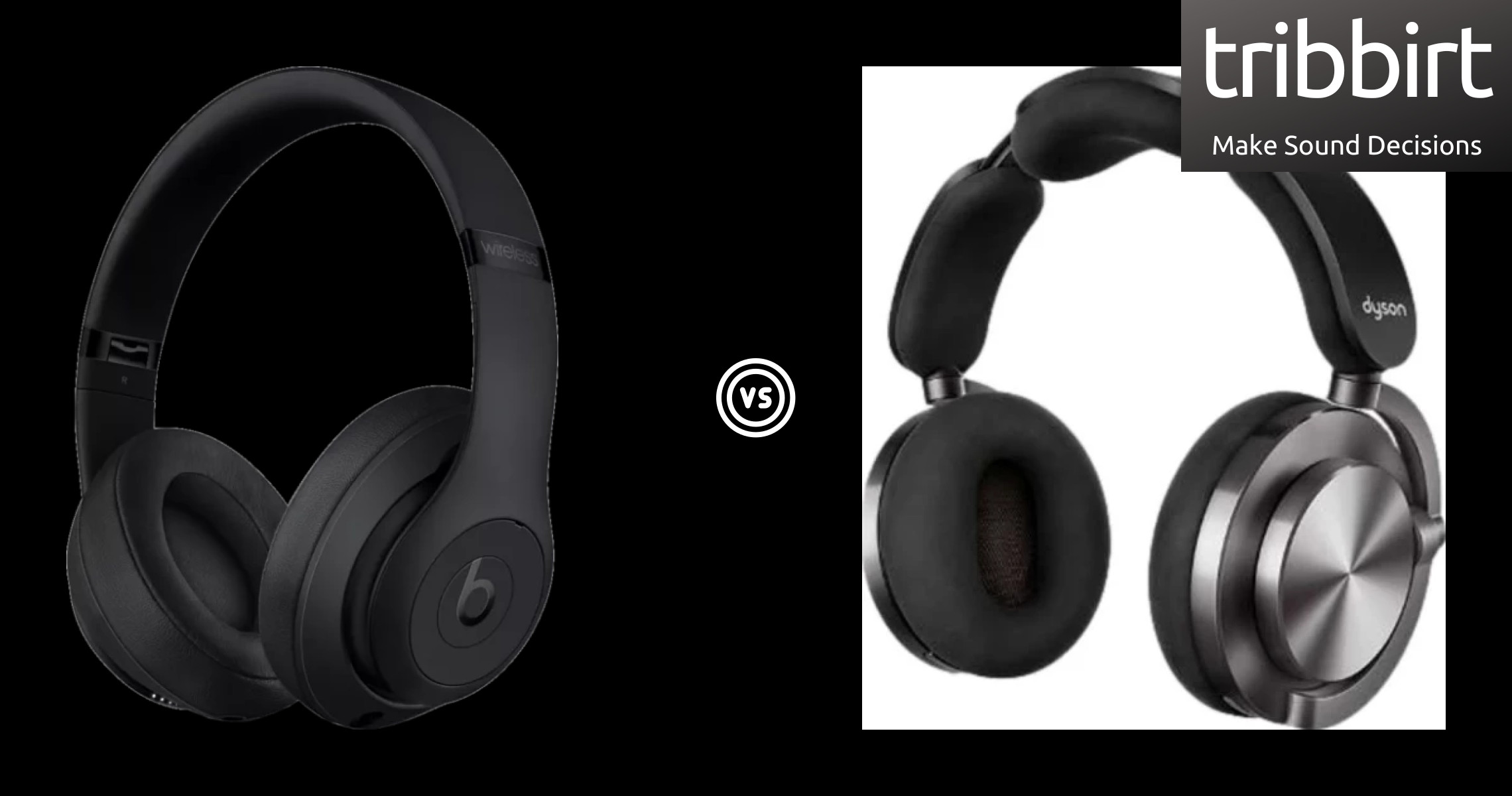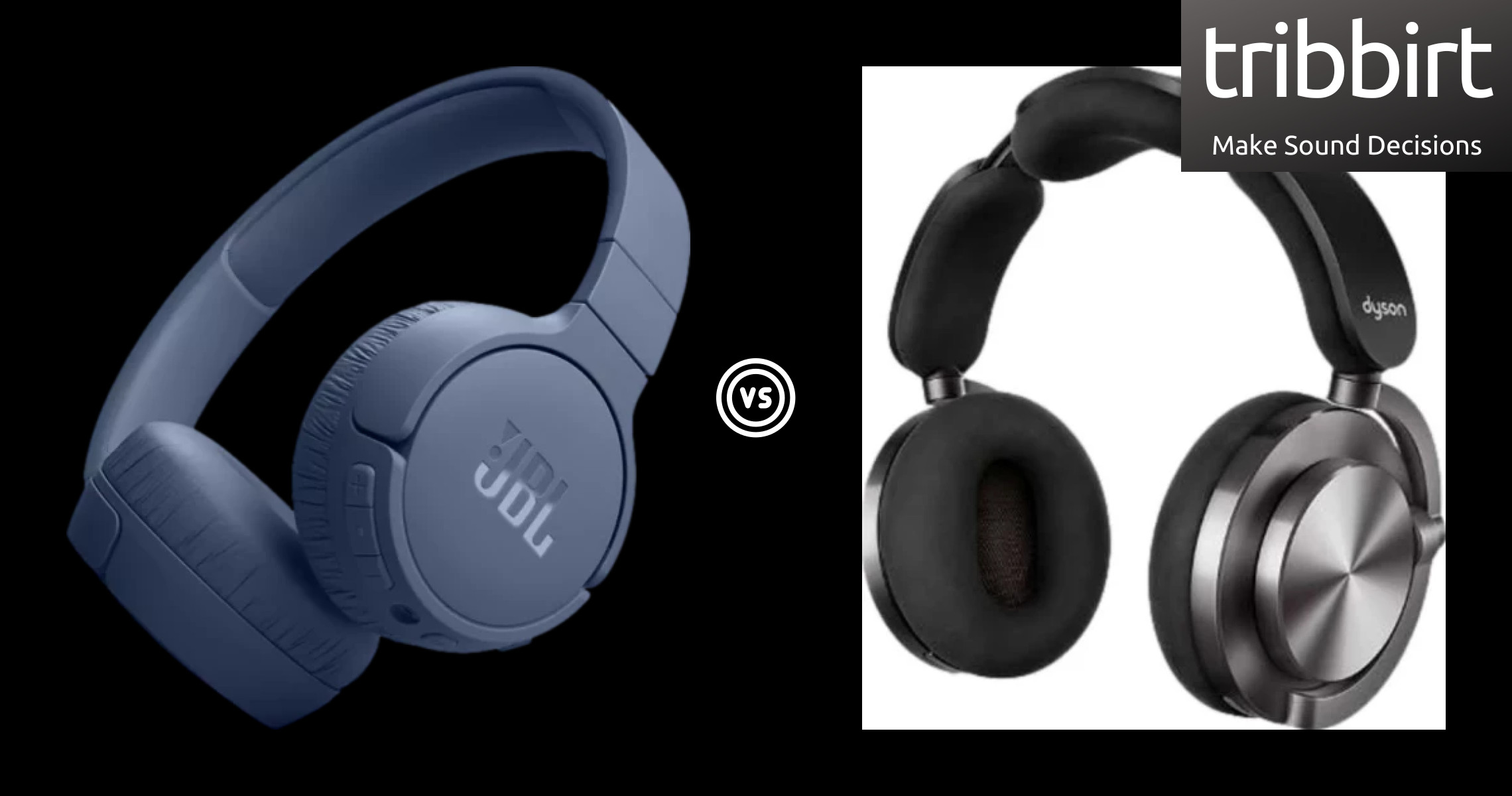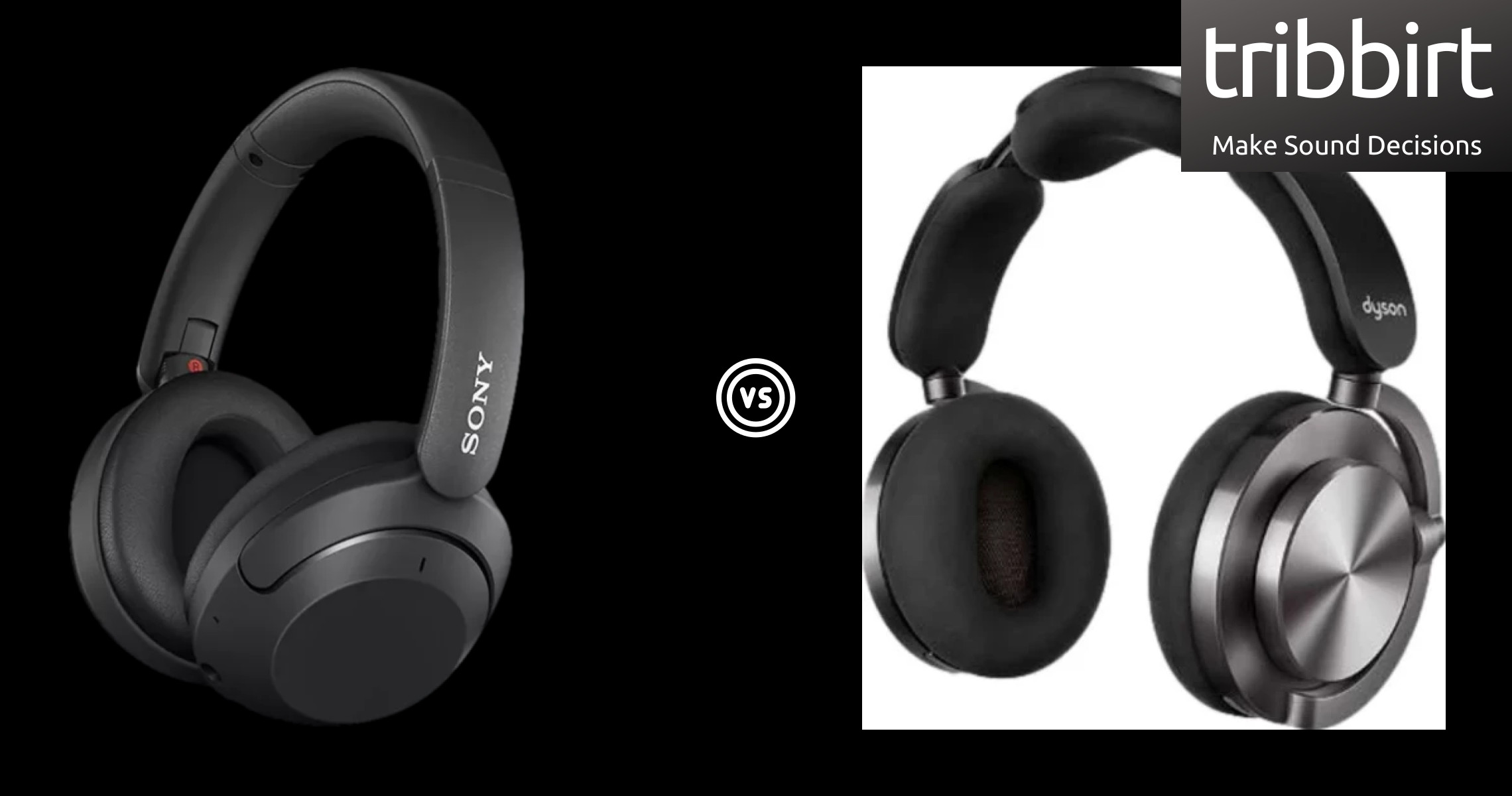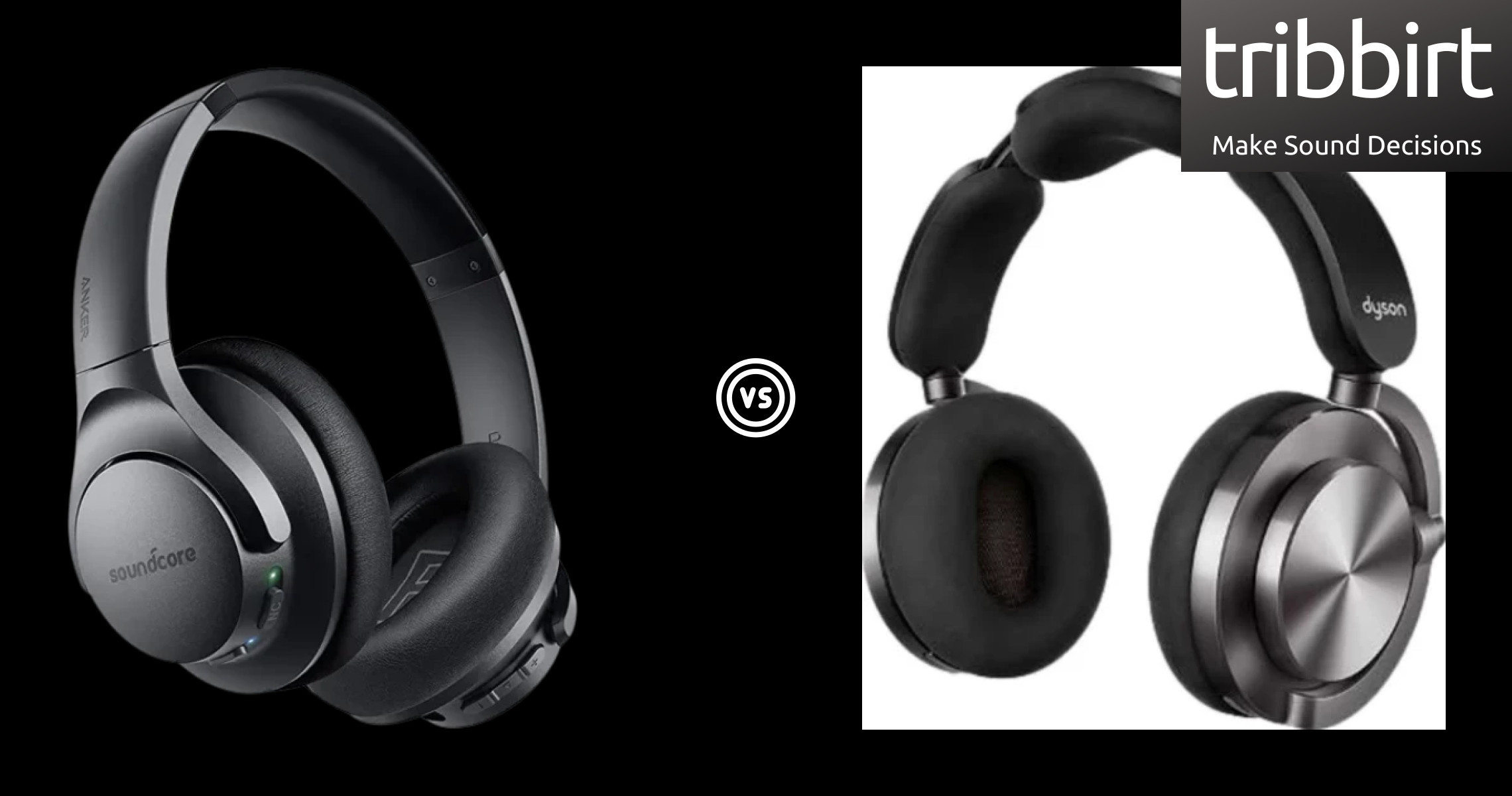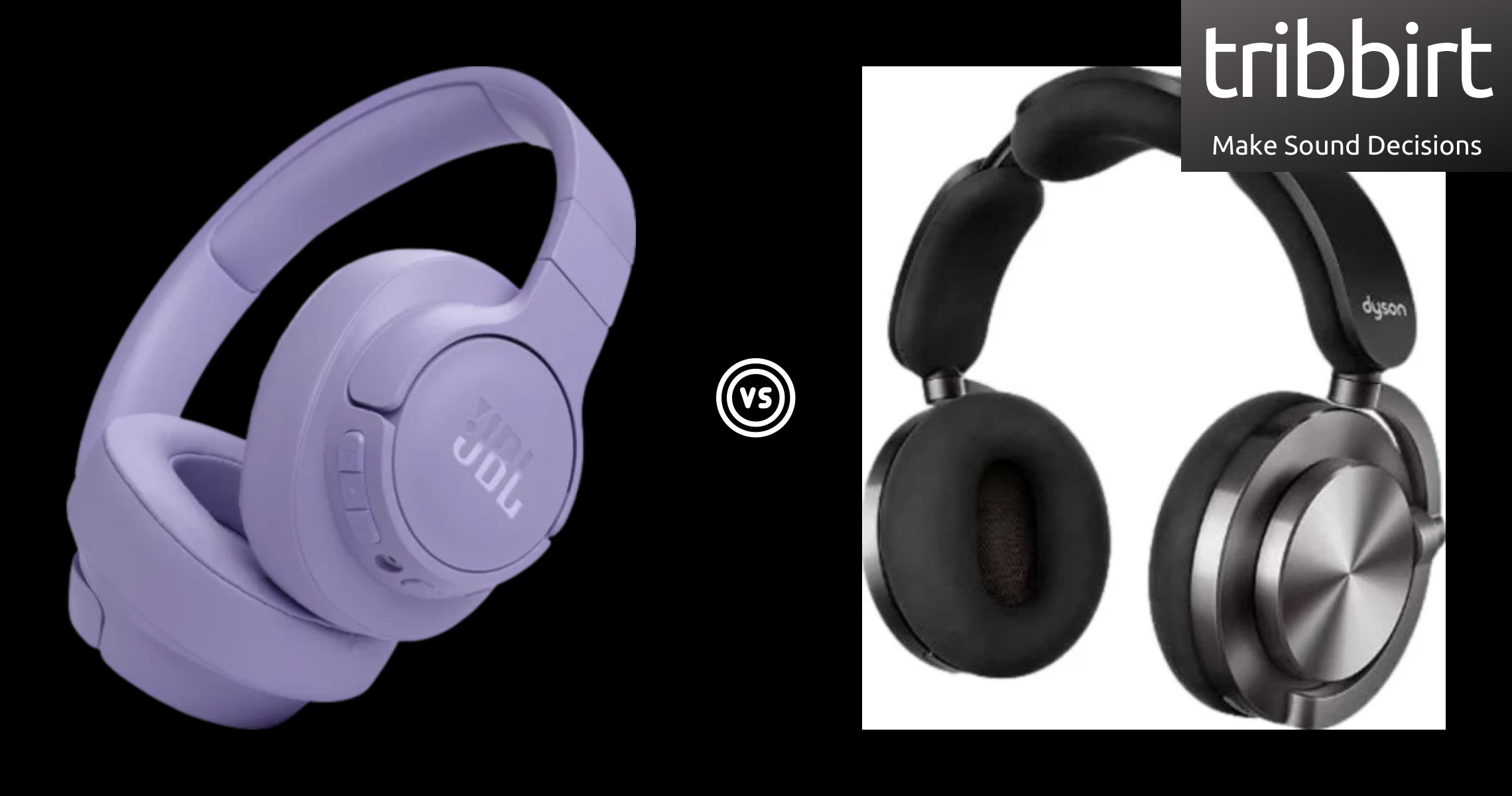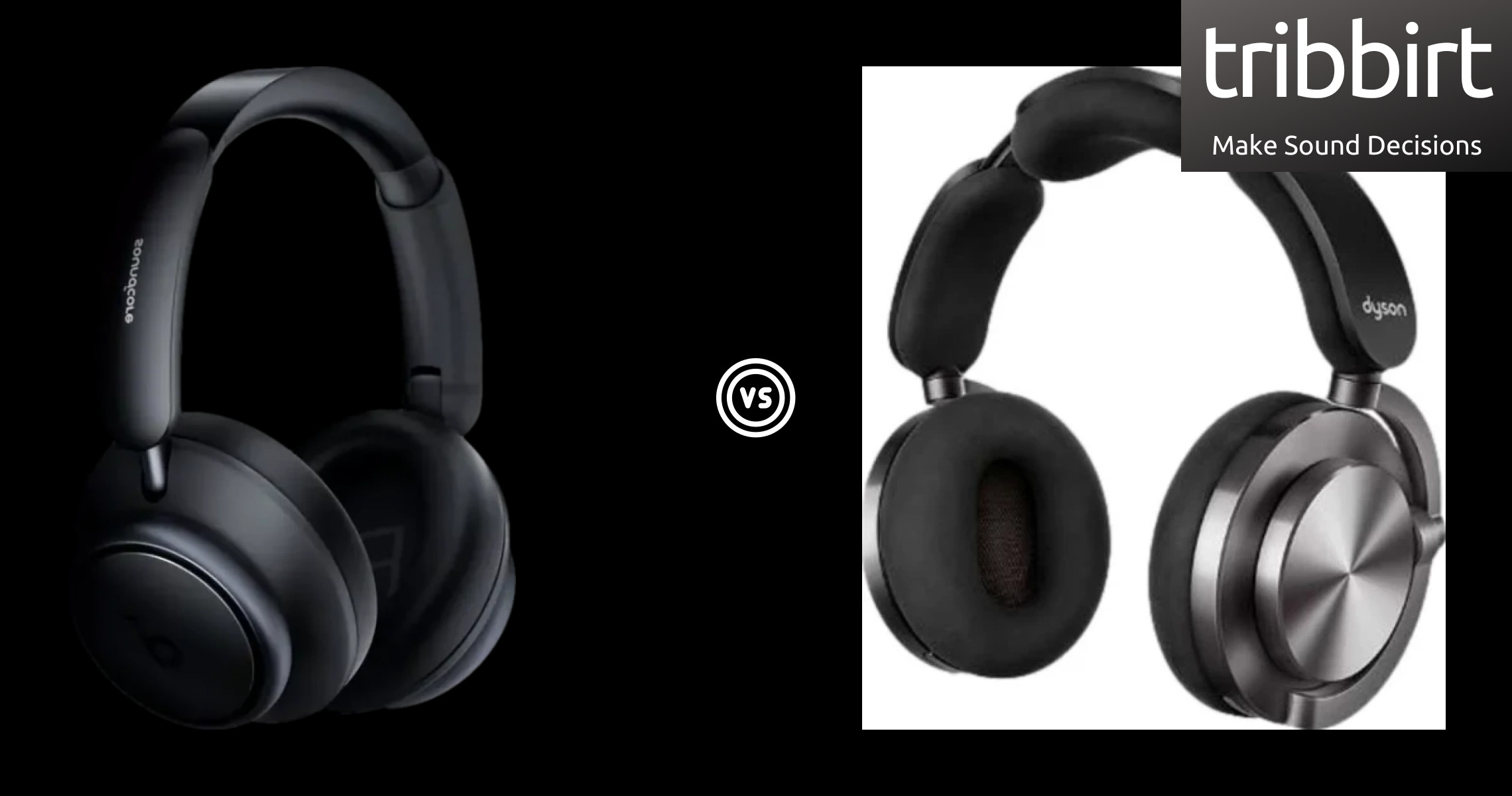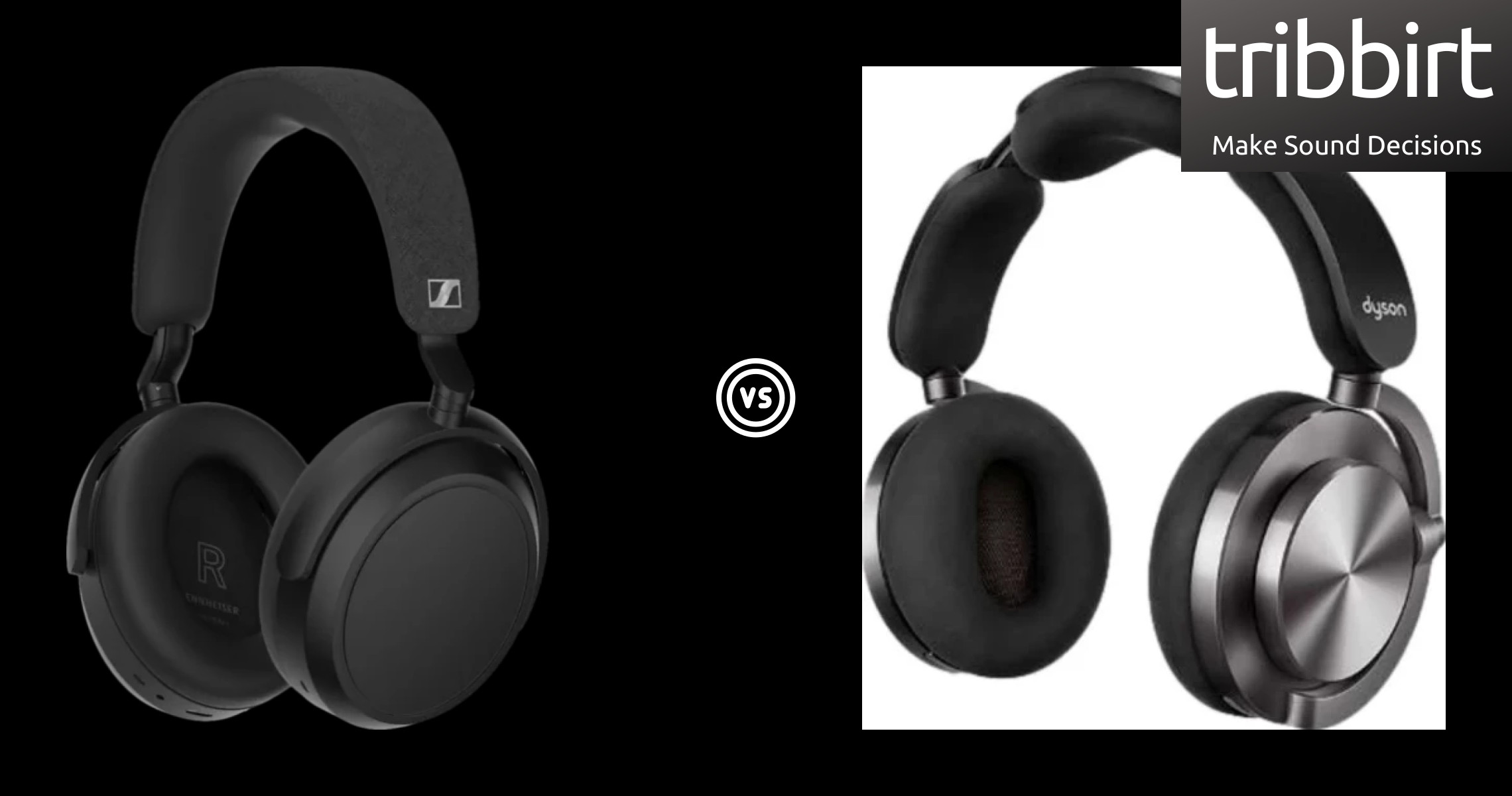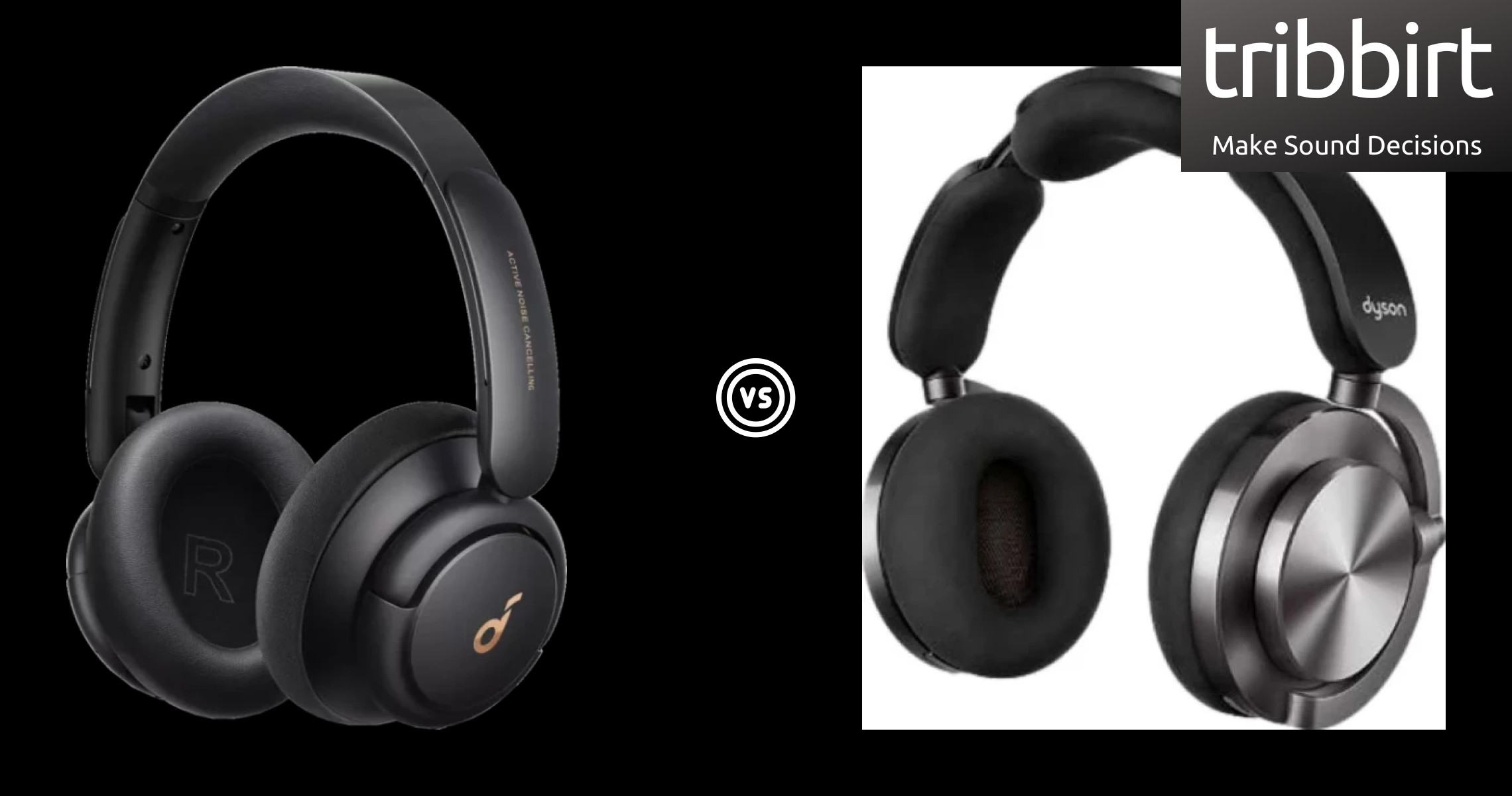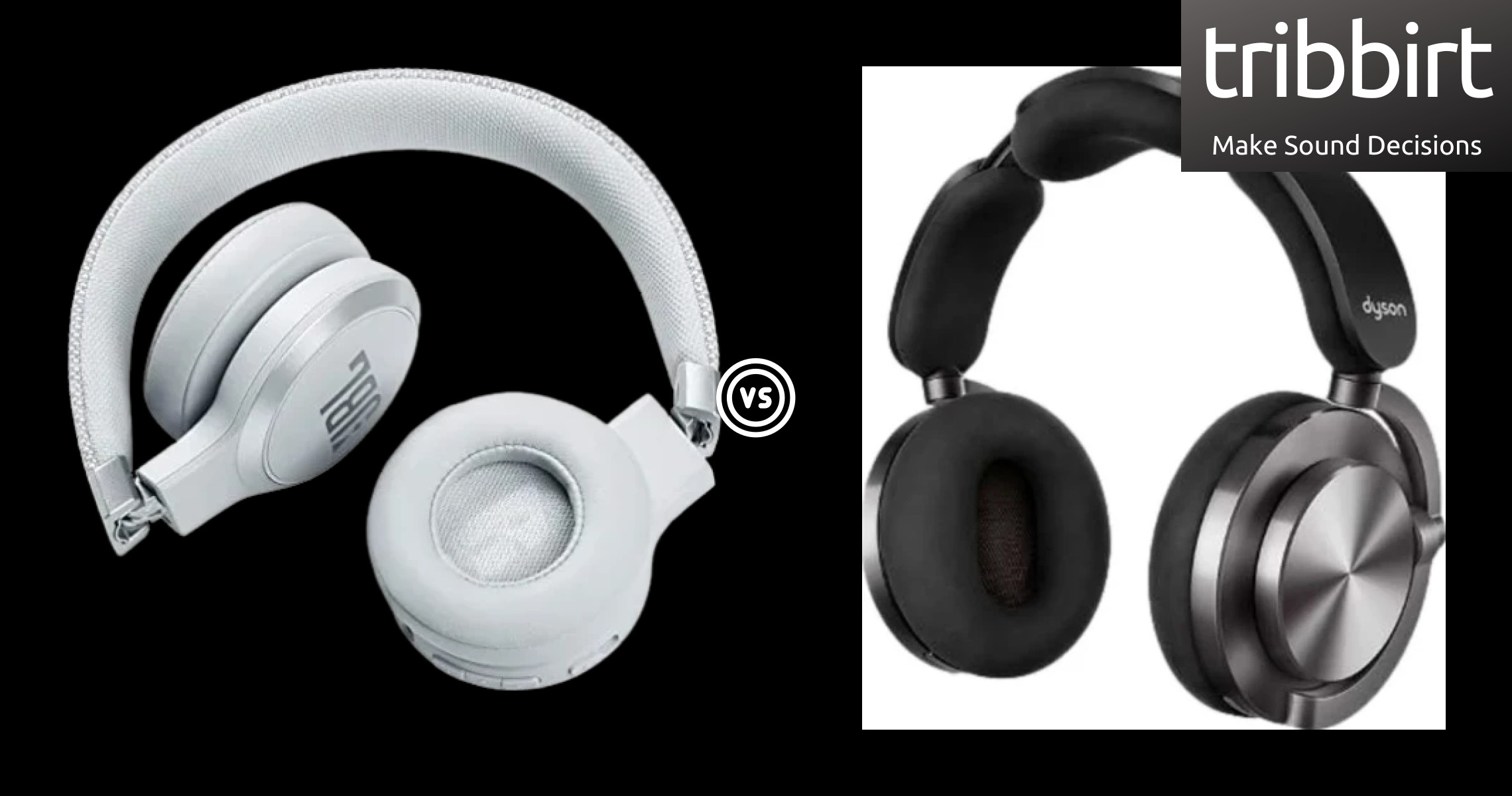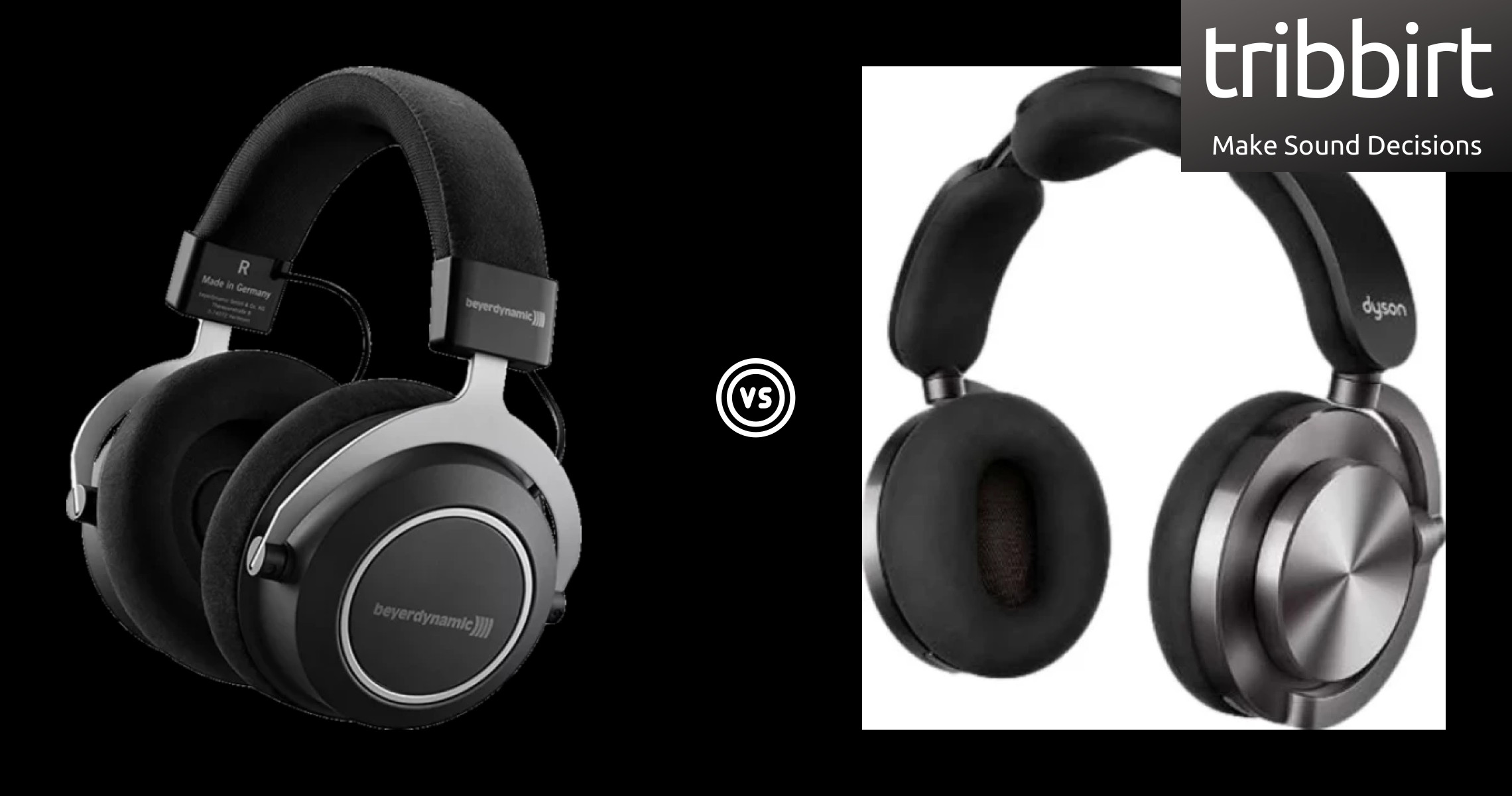Dyson OnTrac have a weight of 451g, these are higher than 320g, which we consider as the highest average a headphone should weigh for comfort during long use. We take in account a lower weight best because lighter devices are more comfortable to move with. The JBL Quantum 910 Wireless, at 420g
are lighter than the Dyson OnTrac by -31g
IP ratings refer to the level of protection offered by an electrical enclosure, against solids and liquids.
In the format of IPXX, 'X' represent a number The first number of the IP rating refers to protection against solids say dust, while the second refers to protection against liquid.
Scoring IPX2, the Dyson OnTrac's rating is read as, the first value of X denotes that no data available to specify a protection rating, and the second value of 2 means that they are protected against drops falling when tilted at 15° in 4 fixed positions. By sweat resistance we mean that the wireless earbuds are protected in the presence of low-pressure water jets at any angle, this is determined by the IP Rating of the earbuds.
Based on the ingress protection rating of the Dyson OnTrac they do have sweat resistance
Over-ear headphones have larger earpads that fit around your entire ear Dyson OnTrac have a comfortable full-size form with earcups that fully enclose your ears. This design is loved for its increased sound isolation and the fact that it won't leak sound to your neighbors. JBL Quantum 910 Wireless with this design offer potential for maximum bass and loudness levels.
Dyson OnTrac have stereo speakers, what this means is that Dyson OnTrac's speakers deliver sound from separate channels on both left and right sides, creating a richer sound and a better listening experience. Both JBL Quantum 910 Wireless and Dyson OnTrac have stereo speakers
Active noise cancellation uses more advanced technology to actively counter noise. How it works, it listens to the sound pattern of incoming noise and then generates a mirror signal to cancel it out.
In simple terms, it's like taking +1 outside (noise from your surrounding) and adding -1 inside (counter sound within the device) to make 0 hence "diluting" the noise.
Dyson OnTrac allow you to listen at lower volume levels, causing less ear fatigue as you don't have to crank up the volume to overcome background noise. JBL Quantum 910 Wireless too have active noise cancellation making both devices ideal for plane rides and morning commutes.
Each may work with different noise cancellation modes, pick the setting, mode, or noise cancellation type that suits your commute or that enhances your relaxation time. Passive Noise Cancellation uses well-designed ear cups to seal out unwanted noise. This is used for both in-ear earphones and over-ear headphones where the headphone itself will keep surrounding noise out.
The Dyson OnTrac sits tightly in place, creating an acoustic seal that reduces background noise and prevents your music from leaking out. Both of these devices have passive noise reduction which means that also the JBL Quantum 910 Wireless isolates you from ambient noise instead of actively using technology to cancel it out. Low-frequency response measures if and how well a particular audio component reproduces low audible frequencies and if it makes any changes to the signal while at it.
Dyson OnTrac's lowest frequency is at 6Hz, the lower the low-frequency response, the stronger and juicier the bass. JBL Quantum 910 Wireless's lowest frequency is at 20Hz, this implies that
JBL Quantum 910 Wireless got a juicier bass than the Dyson OnTrac
High frequency response measures if and how well an audio device reproduces high audible frequencies and if it changes to the signal while at it. Dyson OnTrac's highest frequency is at 21,000Hz, the higher the high-frequency response, the clearer and crispier the treble.
JBL Quantum 910 Wireless's highest frequency is at 20,000Hz, this means that
Dyson OnTrac got a clearer and crispier treble than the JBL Quantum 910 Wireless
The driver unit is the component that produces sound in the device, its size dictates the loudness of the headphone. Dyson OnTrac driver unit is 40mm in diameter, bigger drivers are more powerful and can produce better bass. JBL Quantum 910 Wireless driver unit is 50mm in diameter,
making them have a larger driver unit than that of Dyson OnTrac by 10mm
, many people have a misconception that driver units of a bigger size automatically produce better sound quality.
However, large drivers usually have difficulty reproducing high frequencies so yeah, larger drivers can generate louder sound, but this does not mean that they produce better sound. Neodymium magnets when used in audio devices produce a higher sensitivity and substantial sound output using less power to do so. They can help produce music at quite a high sound pressure level, SPL, with the use of high magnetic flux.
The Dyson OnTrac have this type of magnet. JBL Quantum 910 Wireless have it too, devices with neodymium magnets are lighter and more powerful than those which use ferrite magnets. It is also known that they have more bass and clear high notes.
If your headphones play wirelessly, cancel ambient noise, or enhance your listening experience with active features, their battery life will reduce over time. The device's battery life is given by the manufacturer, with longer battery life, you get to use it for longer and have to charge the device less often. Dyson OnTrac's battery life is 55 hours
JBL Quantum 910 Wireless's battery life is 39 hours.
Each time you recharge your headphones, they get a little less listening time. The effect is barely noticeable at first. But over a few years, you may find that your device, no longer plays for long like it used to.
It takes 3 hours to fully charge the Dyson OnTrac's battery. It is recommended to fully charge the battery before using the headphones for the first time or when they have been unused for extended periods. JBL Quantum 910 Wireless takes 2 hours to fully charge the battery
Dyson OnTrac have a battery level indicator, an indicator shows you when the device has a low battery.
The battery indicator lights indicate the charging status of your headphones. JBL Quantum 910 Wireless too have a battery level indicator, charging indicators allow you to determine the charging state of your headphones, whether fully charged, or the battery is running low. Battery power, or battery capacity, represents the amount of electrical energy that a battery can store.
Dyson OnTrac's battery power is 2,450mAh, more battery power can be an indication of longer battery life. A rechargeable battery is a type of electrical battery that can be charged, discharged into a load, and recharged many times, as opposed to a disposable or primary battery, which is supplied fully charged and discarded after use. Dyson OnTrac's battery can be recharged and used over again.
The JBL Quantum 910 Wireless too have a rechargeable battery. Dyson OnTrac can be used wirelessly, wireless devices allow you more freedom of movement not restricted by a cable. The JBL Quantum 910 Wireless also can be used wirelessly
2.4GHz wireless is used for devices such as headsets such as the Dyson OnTrac, keyboards, and mice similar to Bluetooth but with a proprietary radio frequency.
It typically offers better performance than Bluetooth, with low latency and good stability. JBL Quantum 910 Wireless too uses this kind of connectivity, its low-latency, high-quality audio comes along with better battery life. Bluetooth is a wireless technology standard that allows data transfers between devices placed in close proximity, using short-wavelength, ultra-high frequency radio waves.
Dyson OnTrac has a v5
JBL Quantum 910 Wireless has a Bluetooth version of v5.2. Newer versions provide faster data transfers. Dyson OnTrac support USB TYPE-C, an industry-standard connector for transmitting both data and power on a single cable.
The USB-C plug is now part and parcel of most current laptops, phones, and tablets, it features reversible plug orientation and cable direction. JBL Quantum 910 Wireless too have USB TYPE-C
Dyson OnTrac support LDAC, a codec developed by Sony
which allows streaming high-resolution audio over Bluetooth connections at up to 990 kbps at 32 bit/96 kHz. It is capable of a very high bitrate of 990kbps, which provides high-resolution audio.
Dyson OnTrac support AAC, a codec that is used for Bluetooth audio. It supports 24-bit audio at 250kbps. Because it uses psychoacoustic modeling, it can provide better results than other codecs at a similar bit rate.
The JBL Quantum 910 Wireless support AAC as well. Designed to be the successor of the MP3 format, AAC generally achieves higher sound quality than MP3 encoders at the same bit rate. Bluetooth is a short-range wireless technology standard that is used for exchanging data between fixed and mobile devices over short distances.
The Dyson OnTrac can connect at a 10meters distance via Bluetooth or infrared to another device. The JBL Quantum 910 Wireless can connect at a 10meters distance via Bluetooth
Dyson OnTrac have only 8 microphones, more microphones result in better sound quality and enable the device to filter out background noise. The JBL Quantum 910 Wireless microphones are only 2.
Dyson OnTrac use a noise-canceling type of microphone, these microphones are designed to filter out background noise from the desired sound. Especially useful in noisy environments. The JBL Quantum 910 Wireless too use a noise-canceling type of microphone.
Dyson OnTrac support ambient sound mode, which uses microphones to pass through ambient noises so that they can still be heard. It’s useful when you want to listen to music but also be aware of what’s happening around you, for example when you’re having a jog but would still want to be able to hear traffic. Dyson OnTrac support in/on-ear detection, the sensors in the device can detect when they are removed from your ears so that the music is paused, saving battery life and improving your listening experience while at it.
There is a control panel on the Dyson OnTrac body, so you can easily access the volume control or remote without having to interact with a cable or another device it's connected to. The JBL Quantum 910 Wireless too have a control panel on them. Dyson OnTrac can be used as a headset.
A headset is one headphone or pair with a built-in microphone. Headsets can be used for apps that require communication i.e. Zoom, Google Meet, Skype, games with voice chat, mobile phones, etc.
JBL Quantum 910 Wireless can be used as a headset. since they have a built-in microphone
The period of time that warrant free repair and adjustment services in case of a malfunction occurring under normal use that has followed instruction manuals. When covered under the manufacturer’s warranty it is possible to get a replacement in the case of a malfunction.
Dyson OnTrac have a warranty period of 2 years
Carrying headphones without a case, or putting them in bags without a casing can easily put them at risk of getting damaged. The Dyson OnTrac come with their own special case or pouch, which is useful for safe transportation.
